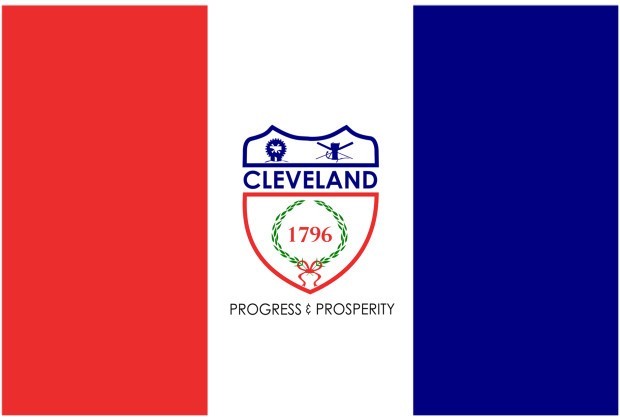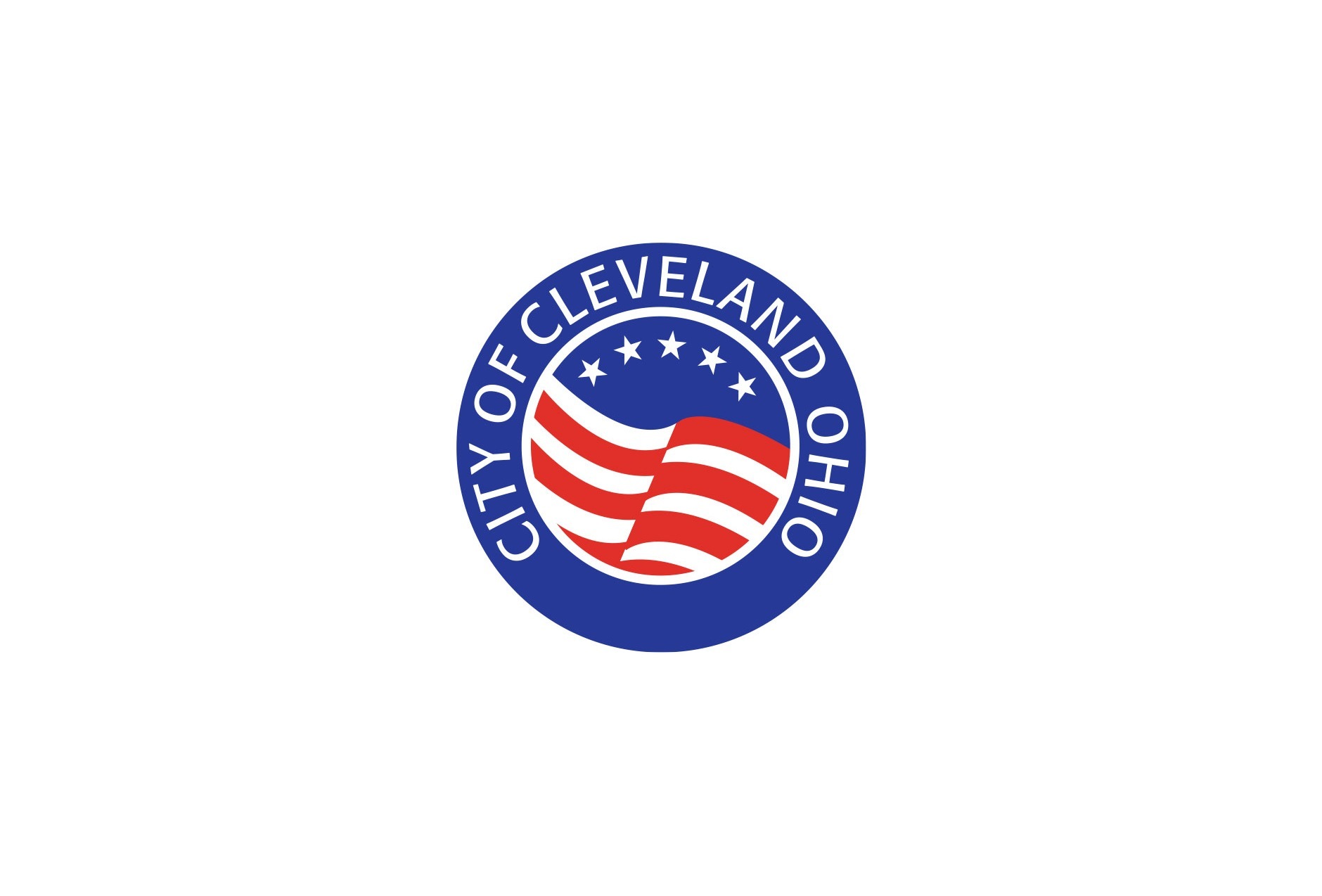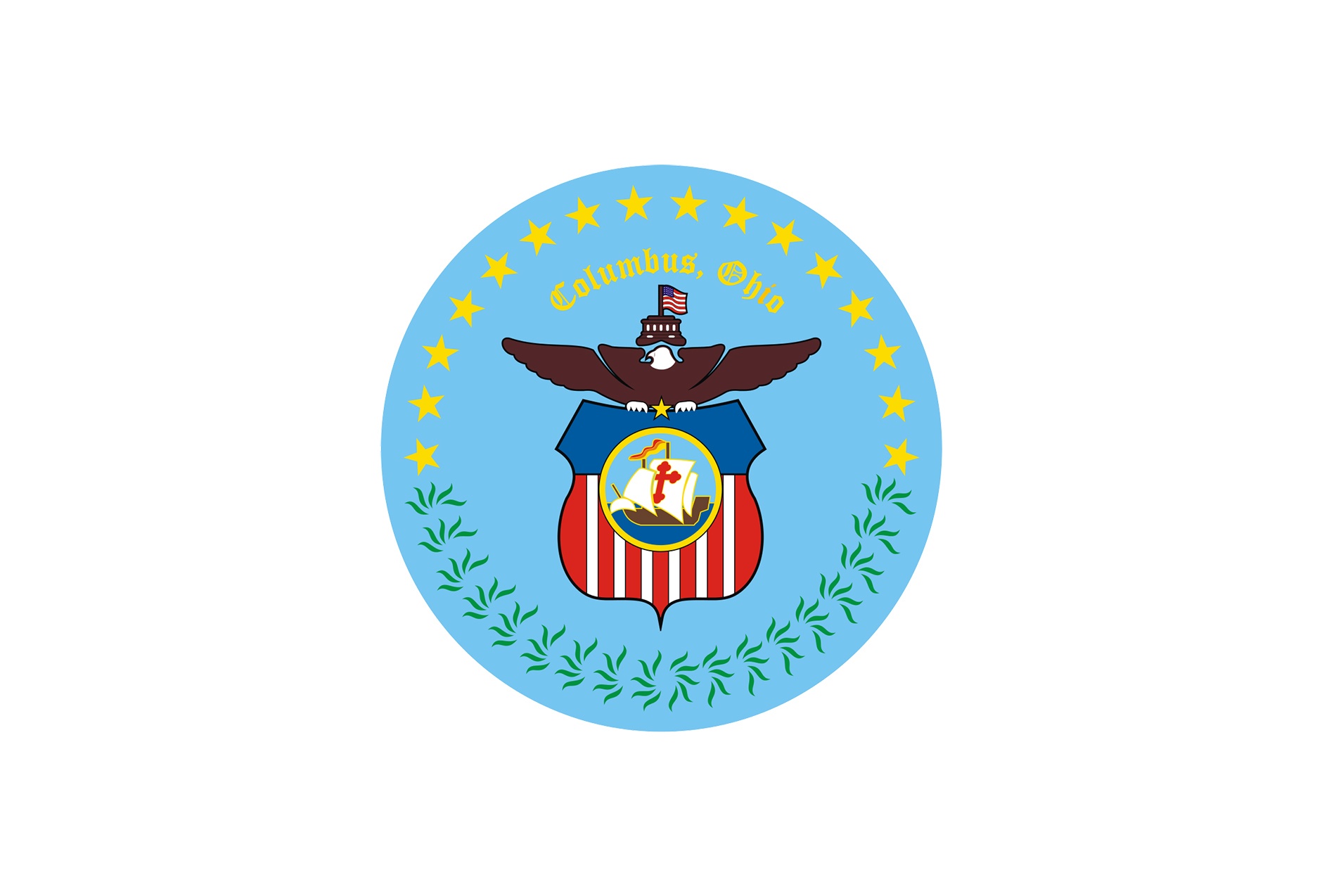Cleveland, Ohio is considering a proposal that would ban the sales of flavored cigars and most other tobacco products within Ohio’s second-most populous city.
At tonight’s City Council Meeting, Council President Blaine A. Griffin, Ward 6, and Council Member Kevin Conwell, Ward 9, will introduce a proposed ordinance that would ban the sale of almost all flavored tobacco products within Cleveland city limits. Ordinance No. 184-2023 has one exception, it would allow hookah bars to sell flavored shisha tobacco for on-site consumption. There are no exemptions for flavored cigars of any kind.
The law defines a flavored tobacco product as one “that imparts a taste or smell, other than the taste or smell of tobacco, that is distinguishable by an ordinary consumer either prior to, or during the consumption of, a Tobacco Product, including, but not limited to, any taste or smell relating to fruit, menthol, mint, wintergreen, chocolate, cocoa, vanilla, honey, or any candy, dessert, alcoholic beverage, herb, or spice.” It would also ban retailers and manufacturers from advertising products as having a taste or smell other than tobacco, presumably targeting things like the cooling sensation of menthol cigarettes.
The proposal does not change the fines for retailers and manufacturers caught violating Cleveland’s tobacco sales laws. This would mean companies caught violating the law would be subject to:
- First violation — $500 fine
- Second violation within a 36-month period — $750 fine and a seven-day suspension of retail sales
- Third violation within a 36-month period — $1,000 fine and a 30-day suspension of retail sales
- Fourth violation within a 36-month period — $1,000 fine and revocation of tobacco retailer sales license
Late last year, the Ohio General Assembly—seemingly in response to the Columbus City Council’s attempt to ban flavored tobacco sales—passed a preemption law that would have prevented cities and counties from enacting stricter laws than Ohio’s state law regarding tobacco sales. This would have meant that cities like Columbus and Cleveland would be unable to pass flavored tobacco bans on their own and would have relegated the issue to the General Assembly.
While the bill passed the Republican-controlled legislature during a lame-duck session, it was vetoed by Gov. Mike DeWine, also a Republican, who called for a statewide ban on flavored vaping products. DeWine’s veto allows for laws like the one proposed in Cleveland to be enacted.
Ordinance No. 184-2023 is an emergency ordinance, meaning if two-thirds of the City Council approves it, it will go into effect immediately after it is signed by the mayor. If it passes without a two-thirds majority, it will go into effect at the earliest date allowed by law, 30 days after it is published in the City Record.
Last year, the FDA announced that it is starting the process of trying to ban the sales of flavored cigars and menthol cigarettes. It’s unclear how long that process might take or whether it will survive court challenges.
Disclosure: My first cousin, once removed, serves as Cleveland’s chief integrated development officer, a cabinet-level position within Cleveland’s City Hall. He and I have not discussed this proposal.



